Category: News
-
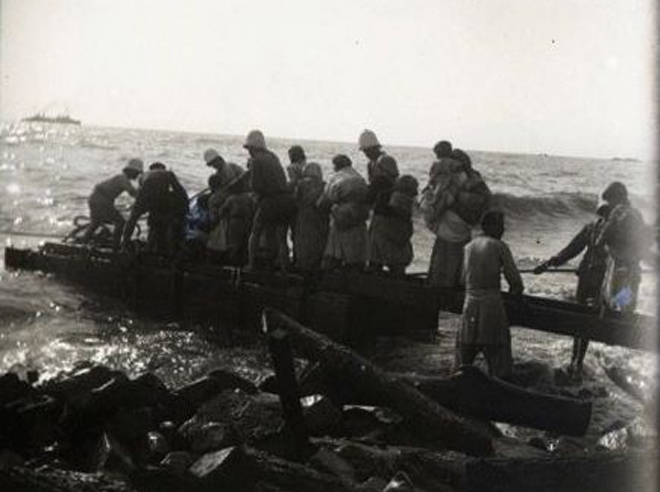
Exclusive photos depicting evacuation of Musa Dagh Armenians in 1915 discovered
(horizonweekly.com) Nearly 25 new photos depicting the evacuation of the participants of the Musa Dagh heroic battle through the French warships have been discovered by the efforts of the Armenian Genocide Museum-Institute, reports Armenpress. The Museum-Institute said the photos were taken by the French navy officer in Septetember 1915. The photos depict the process of…
-
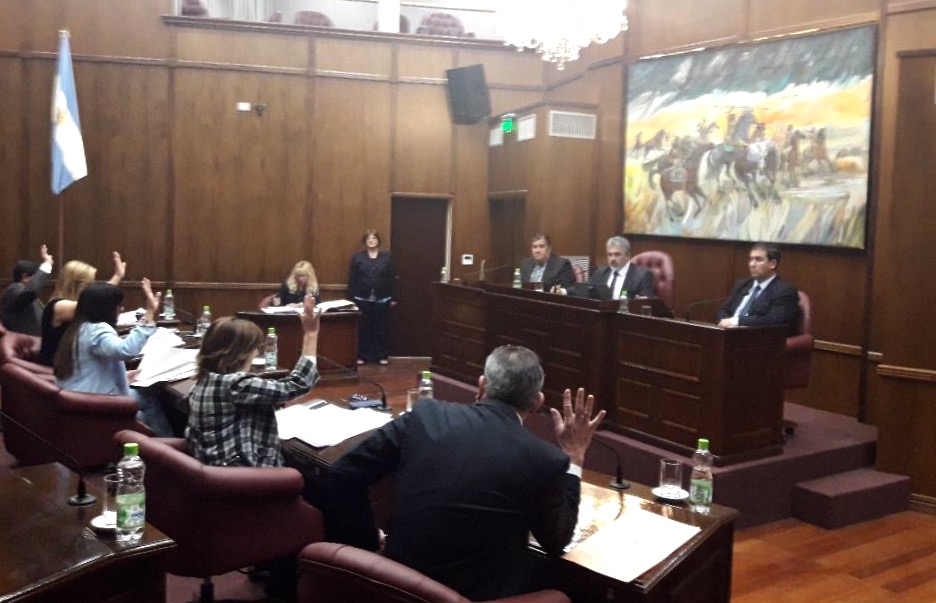
San Luis Recognized the Armenian Genocide
(prensaarmenia.com) The province of San Luis, Argentina, approved on November 21 a law of adhesion of the National Law 26,199 that declares April 24 of every year as the “Day of Action for Tolerance and Respect between Peoples” in commemoration of the Armenian Genocide, becoming the twentieth province to do so. The Chamber of Senators…
-
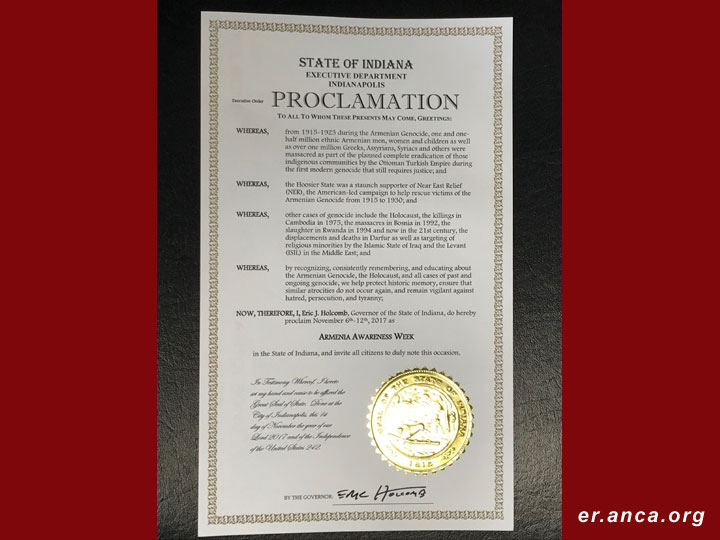
Indiana Becomes 48th U.S. State to Recognize the Armenian Genocide
— Indiana Governor Eric J. Holcomb Declares November 6-12, 2017 “Armenia Awareness Week” (er.anca.org) INDIANAPOLIS, IN – Indiana Governor Eric J. Holcomb issued a powerful proclamation memorializing the Ottoman Turkish Empire’s centrally-planned and executed annihilation of close to three million Armenians, Greeks, Assyrians and Syriacs, making the Hoosier State the 48th U.S. state to properly…
-
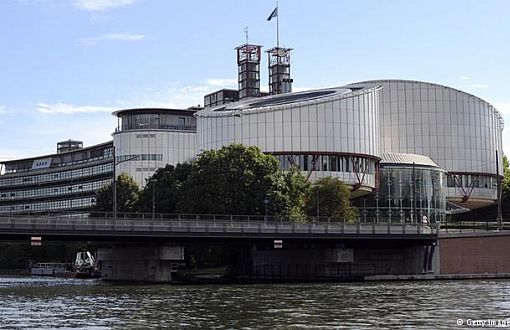
European Court Finds Catholicosate’s Suit Inadmissible; And Could Not Be Appealed
(asbarez.com) The Armenian Catholicosate of Cilicia (headquartered in Antelias, Lebanon) filed a lawsuit on April 25, 2015, against the government of Turkey seeking the return of its historic seat in Sis (present-day Kozan district of the Adana Province) which was confiscated in 1921. The first of its kind lawsuit was filed in the Constitutional Court…
-
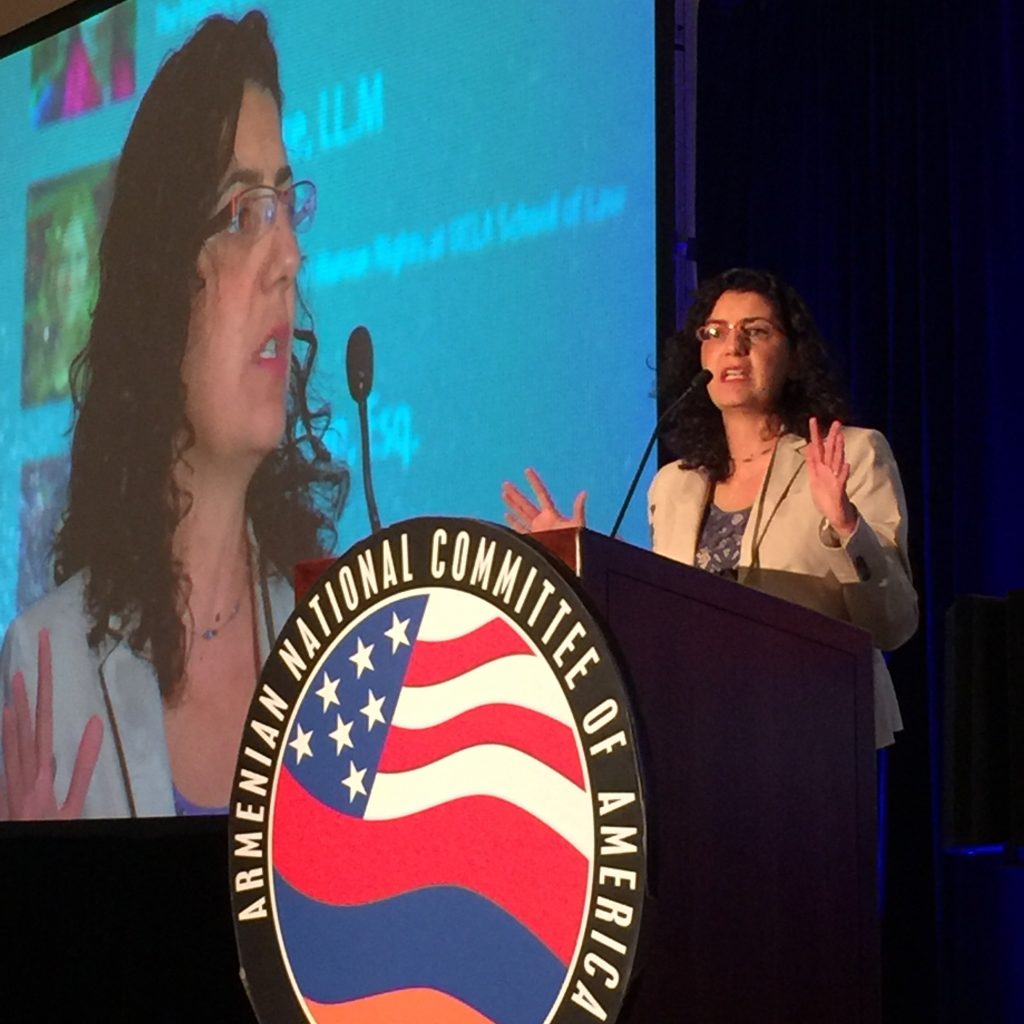
Armenian Legal Center Announces Property Documentation Database Project
ALC Executive Director Kate Nahapetian outlines road to reparations at ANCA-WR Grassroots Conference in Pasadena, Calif. (armenianweekly.com) PASADENA, Calif.—Kate Nahapetian, executive director of the Armenian Legal Center for Justice and Human Rights (ALC), announced the ALC’s Property Documentation Database Project while discussing several of ALC’s initiatives and the path to reparations at the Armenian National…
-
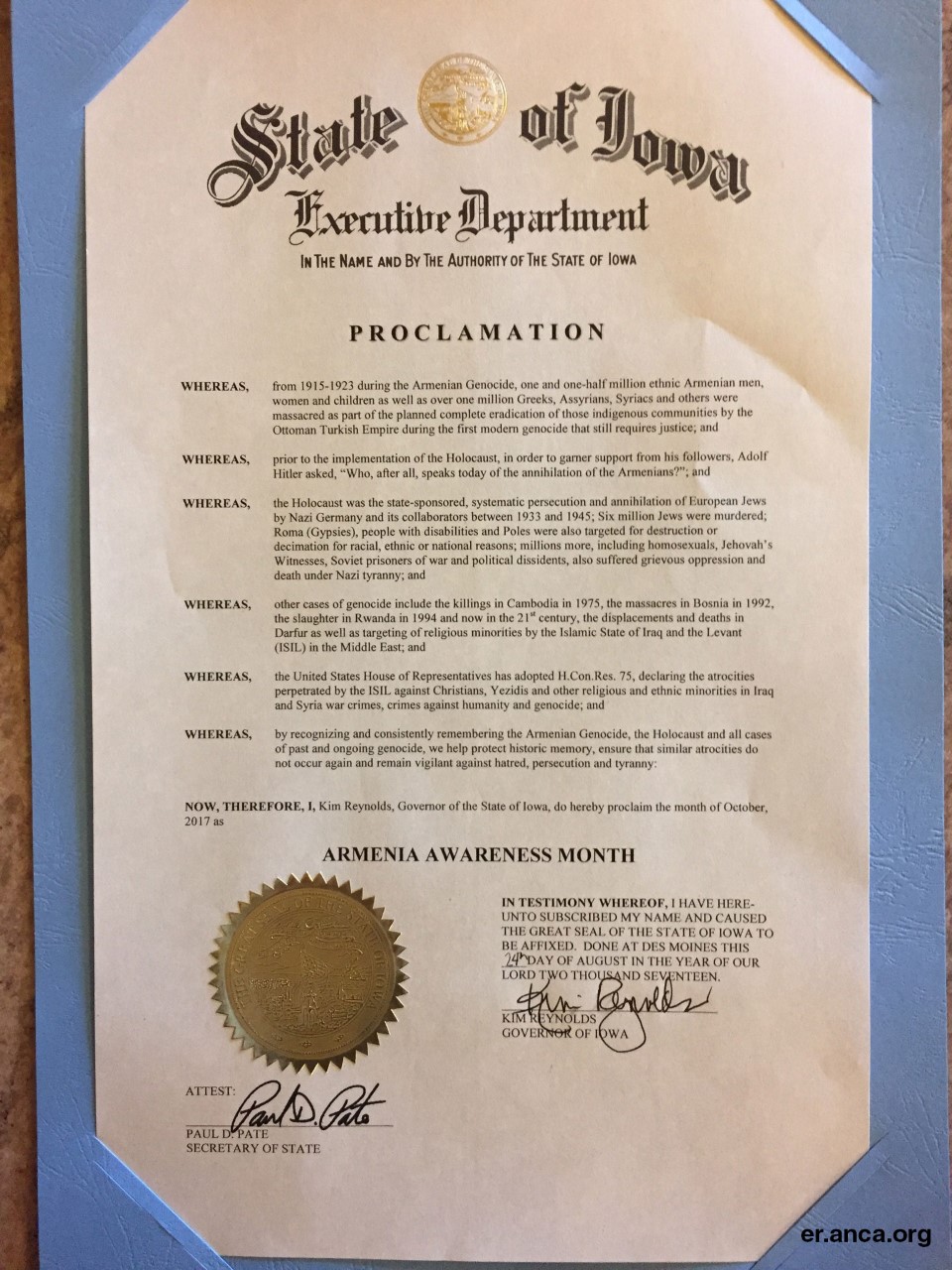
Iowa Becomes 47th State to Officially Recognize the Armenian Genocide
Governor Kim Reynolds Declares Oct. 2017 ‘Armenia Awareness Month’ During Official Signing Ceremony with ANCA Eastern Region, Human Rights Coalition Leaders, and Clergy (armenianweekly.com) DES MOINES, Iowa—Moments ago, Iowa Governor Kim Reynolds signed a proclamation memorializing the Armenian Genocide and declaring Oct. 2017 as “Armenia Awareness Month” in the Hawkeye State. Iowa is now the…
-
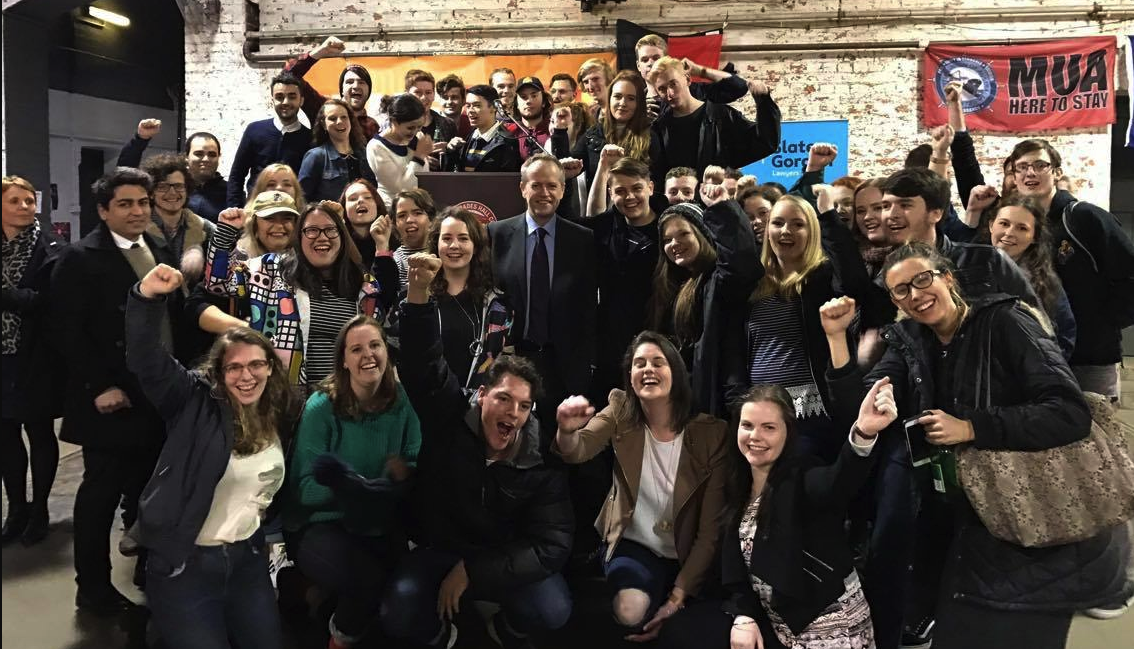
Victorian Young Labor Conference passes motion recognising Armenian Genocide
(ANC-AU) MELBOURNE: On 19-20 August, Victorian Young Labor held its Annual Conference at the Victorian Trades Hall in Melbourne, where delegates gathered for lively debate and passed various motions including a motion to recognise the Armenian Genocide, which was adopted without dissent. The motion noted: “Raphael Lemkin invented the word genocide, based on defining the…
-
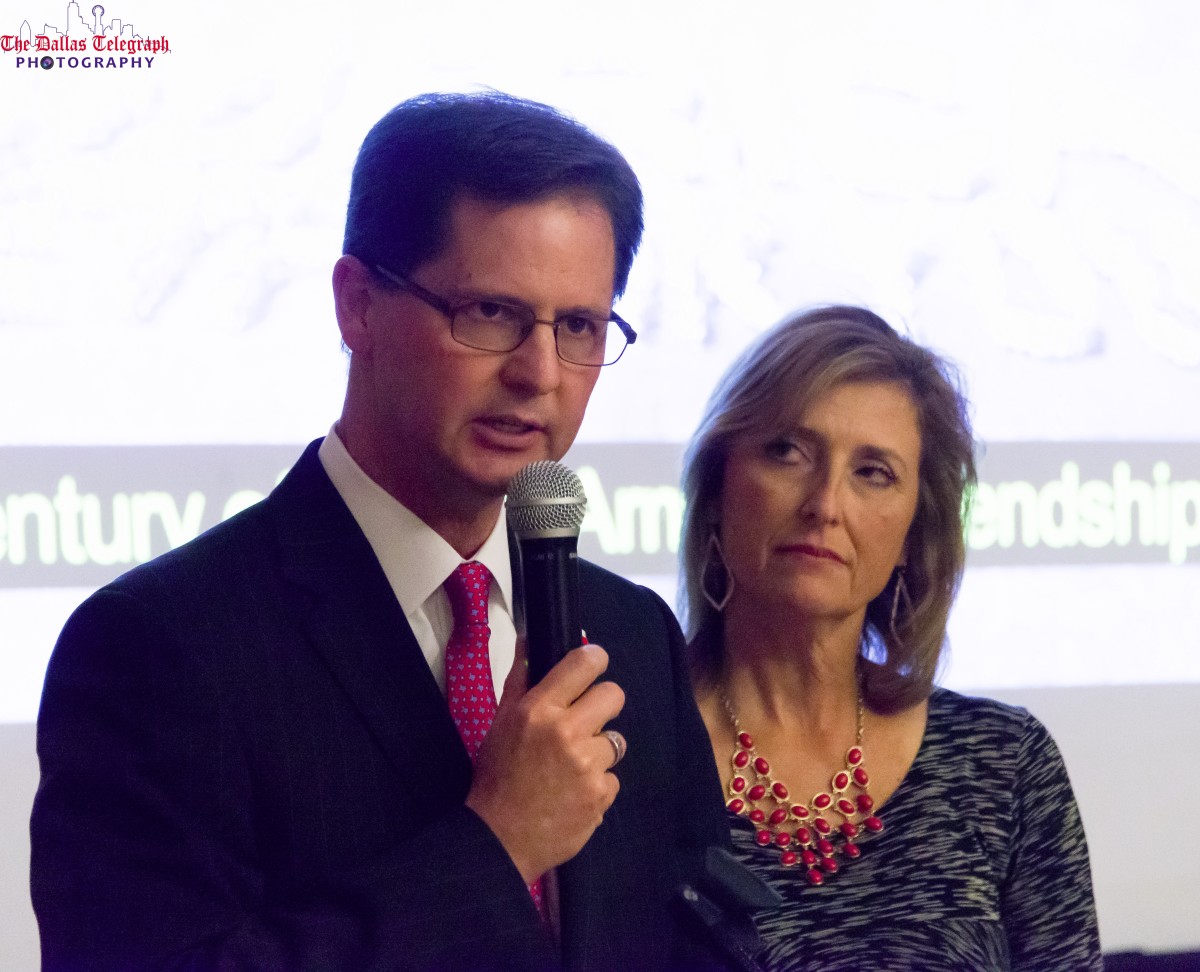
Texas Becomes 46th U.S. State to Recognize Armenian Genocide
(ancawr.org) Austin, TX — The Texas House of Representatives passed House Resolution 191, titled “Recognizing the Armenian genocide,” today, thus making The Lone Star State the 46th state in the USA to officially classify and commemorate the 1915-1923 annihilation of Ottoman Turkey’s indigenous Christian Armenian community as genocide. “We are grateful to the Texas House…
-
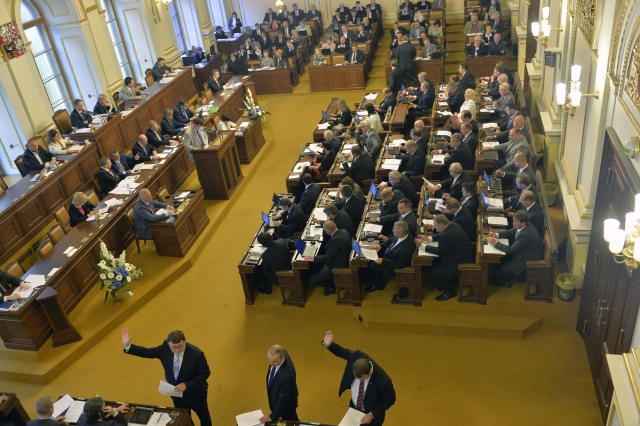
Czech Chamber of Deputies recognises the Armenian Genocide
(orer.eu) Prague-This evening, the Czech Republic’s Lower House of Parliament adopted a resolution, by which it recognised the Armenian Genocide. The resolution partly states: “The Chamber of Deputies of the Parliament of the Czech Republic condemns the crimes against humanity committed against the Jews, Roma and Slavs in the territories conquered by the Nazis during…
-

Wyoming Becomes 45th US State to Recognize the Armenian Genocide
(ANCA WR) Cheyenne, WY — In a letter dated April 21, 2017 and addressed to the Armenian National Committee of America Western Region (ANCA-WR), Wyoming Governor Matthew H. Mead has recognized the Armenian Genocide and praised the work of Armenian American grassroots. “The atrocities of both the Armenian and Jewish Holocausts were unimaginable,” reads Governor…